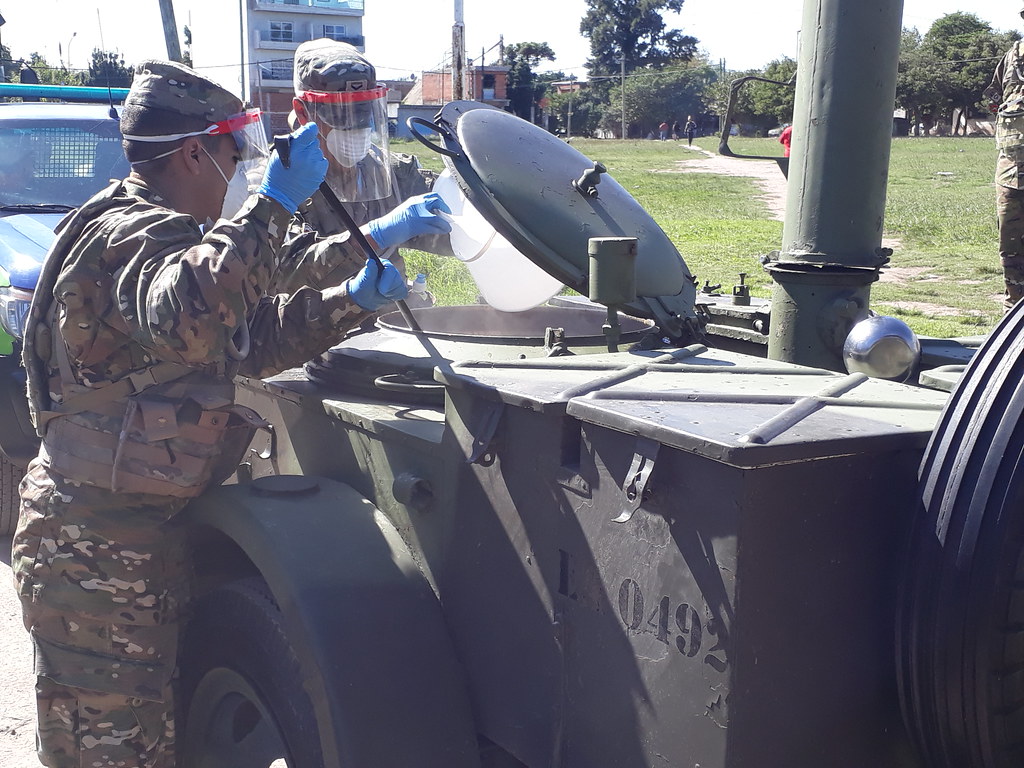Governments Cautioned Not to Use COVID-19 Lockdown to Cause Harm

UNITED NATIONS, Apr 29 (IPS) - The United Nations High Commissioner for Human Rights is calling on governments and leaders around the world to ensure that their respective lockdown measurements don't end up causing harm to people by those enforcing the lockdowns.
"Emergency powers should not be a weapon governments can wield to quash dissent, control the population, and even perpetuate their time in power," Commissioner Michelle Bachelet said on Monday. "They should be used to cope effectively with the pandemic – nothing more, nothing less."
Her call comes amid reports from around the world about police or other members of law enforcement resorting to brutal measures to enforce lockdown in their respective communities.
Countries that have documented cases of human rights abuse by law enforcers in the name of enforcing lockdown include Kenya, India, Bangladesh, among others. IPS journalists Aimable Twahirwa in Rwanda and Wambi Michael in Uganda have also identified similar abuses.
In a statement last week, Human Rights Watch (HRW) condemned Rwandan authorities for "arbitrarily" arresting citizens in their effort to contain the virus. In Uganda, police are even using the lockdown enforcement measures as reason to target the country's LGBTQ minorities, the Guardian reported early this month.
Almost a month ago, authorities in India received massive backlash after videos went viral on social media showing health officials spray migrants with hosepipes and wash them over with disinfectant.
Meanwhile, authorities in Bangladesh have ramped up arrests to silence anyone commenting on the situation in the country: from opposition activists to healthcare workers. It's acting on its already-existing digital security law that has proven to be harmful towards the country's journalists.
In most of these cases, it appears that lockdowns -- and the heightened presence of law enforcement as a result -- are resulting in marginalised communities in the respective countries being affected the most.
As of Wednesday, more than 202,000 people have died from the virus globally, with almost three million positive cases. While measures such as social distancing and washing hands are key and must be maintained to contain the virus, social justices advocates are right to worry about excessive forces being used by law enforcers as detailed above.
The Office of the High Commissioner of Human Rights also issued a set of guidelines for countries to follow while maintaining their lockdown, such as making sure the restrictions are proportional to the necessity and that no restriction should discriminate towards any population.
Here are some glimpses of the lockdown in different parts of the world:
EndLockdownViolence by Inter Press Service
© Inter Press Service (2020) — All Rights Reserved. Original source: Inter Press Service
 Global Issues
Global Issues